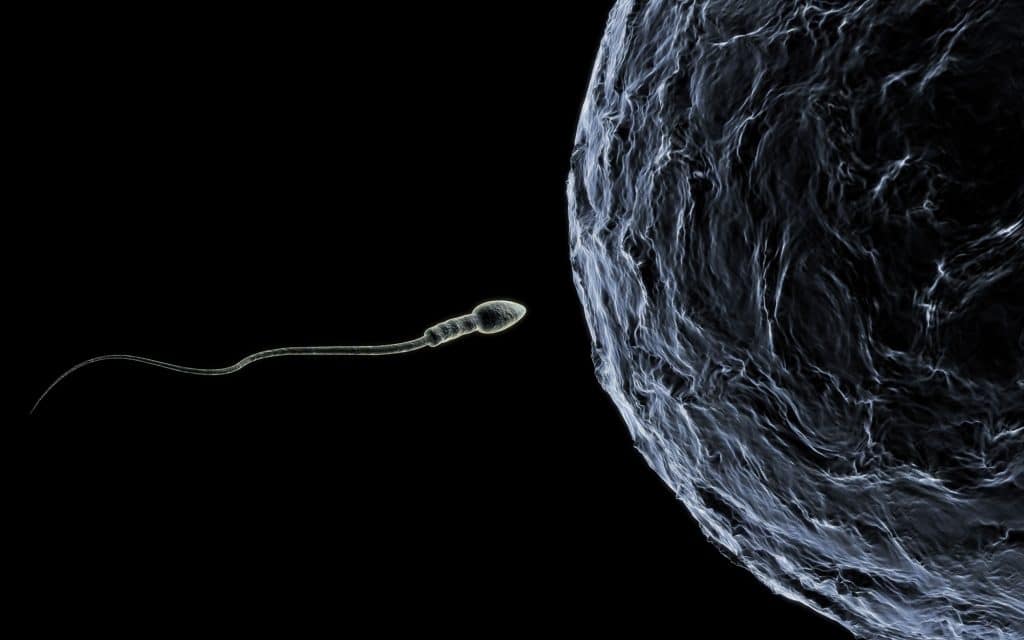Donor eggs refer to eggs that are obtained from a third-party donor for the purpose of assisted reproduction. Donor eggs are commonly used in cases where a woman is unable to produce viable eggs or has a significantly reduced ovarian function. Using donor eggs allows women who would otherwise be unable to conceive with their own eggs to experience pregnancy and childbirth.
Once you have met with the Medical Director, completed counselling, and know that the donor egg program is right for you, you will be required to complete a donor characteristic form.
This form allows you to document the key characteristics of you and your partner (if applicable) e.g., ethnic background, eye, hair and skin colour, height, weight, education/skills, occupation, and any other characteristics that are important to you. We recommend when submitting a form, that you also include a photo of yourself. The team at Central IVF will then search for a suitable donor match.

How long does it take to find a donor egg match?
Depending on how specific requirements are, you can expect to receive a choice of at least two donors within a week. You will receive a copy of the donor’s profile which similarly lists their characteristics, some additional information about them and a childhood photo (if available) and an adult photo. Once you have received the profiles, Central IVF usually like a yes or a no within 3 business days. Whilst Central IVF do an incredible job matching donor, it is perfectly fine to say that neither donor is suitable and ask them to keep searching until a donor you are more comfortable with becomes available.
The search for a donor may take a little longer if you require a donor with characteristics that are not typical for the northern European population e.g., Asian donors and donors with olive skin.
If you would like to know more about our donor egg program, please contact our clinic on (02) 9586 3311 or find more information about our IVF treatment options.



